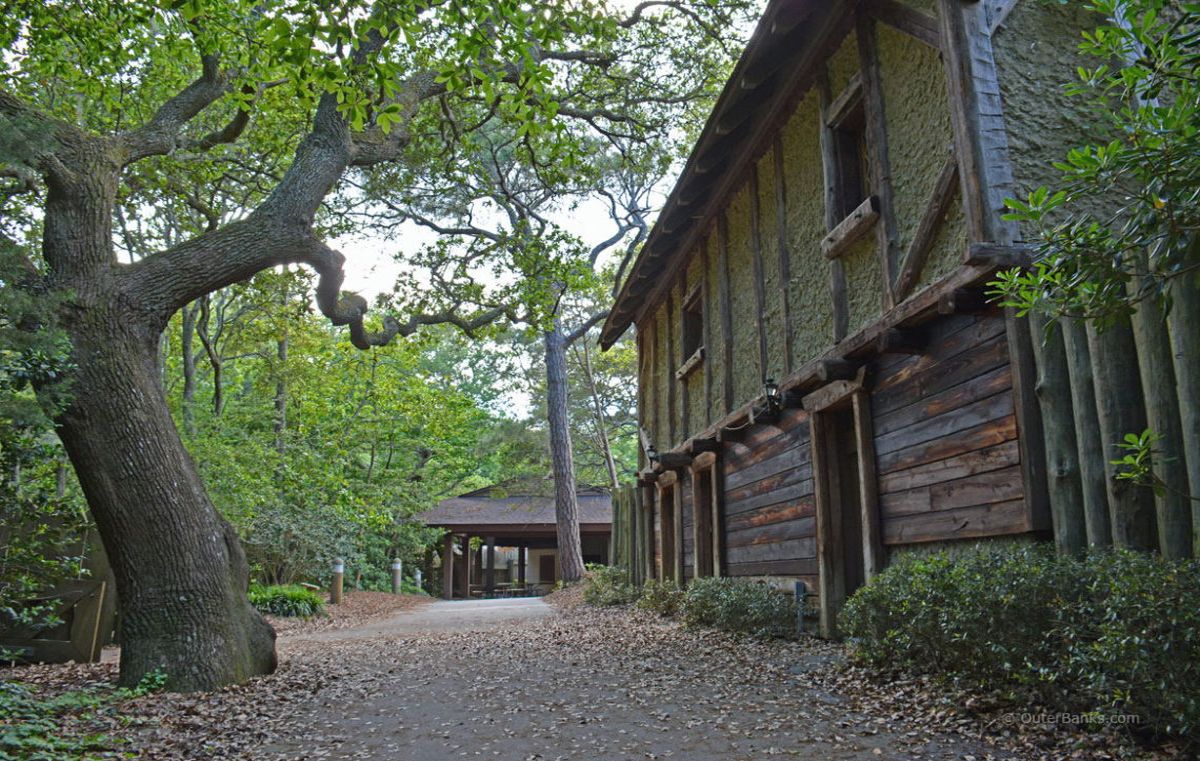Secrets Of North Carolina’s Lost Colonial Settlements

Ever wondered about the lost colonial settlements of North Carolina? These mysterious places hold stories of early American history, filled with adventure, struggle, and disappearance. Imagine walking through dense forests or along rugged coastlines, where settlers once lived, worked, and vanished. From the famous Lost Colony of Roanoke to lesser-known sites, these settlements offer a glimpse into the past. What happened to these communities? Why did they disappear? Join us as we uncover the secrets behind North Carolina's lost colonial settlements. Get ready to step back in time and explore the mysteries that still puzzle historians today.
Secrets of North Carolina's Lost Colonial Settlements
North Carolina's history is rich with tales of early settlers, mysterious disappearances, and hidden communities. These lost colonial settlements hold secrets waiting to be uncovered. Let's journey through some of the most intriguing sites.
Roanoke Island: The Lost Colony
Roanoke Island is perhaps the most famous of North Carolina's lost settlements. Known as the "Lost Colony," it has puzzled historians for centuries.
- Roanoke Island: Established in 1587, this settlement vanished without a trace by 1590. The only clue left behind was the word "CROATOAN" carved into a tree. Theories about their fate range from assimilation with local tribes to relocation.
Bath: North Carolina's First Town
Bath holds the title of North Carolina's first town, founded in 1705. Despite its early prominence, it eventually faded into obscurity.
- Bath: Once a bustling port and political center, Bath saw figures like Blackbeard the pirate. Today, it offers a glimpse into colonial life with preserved historic buildings and artifacts.
Brunswick Town: A Colonial Ghost Town
Brunswick Town was a thriving port before the Revolutionary War. Its ruins now tell the story of its rise and fall.
- Brunswick Town: Founded in 1726, Brunswick Town prospered until British forces destroyed it in 1776. The site now features ruins of homes, churches, and fortifications, offering a haunting look at colonial life.
Edenton: A Colonial Capital
Edenton served as a colonial capital and played a significant role in early American history. Its legacy remains through its well-preserved architecture.
- Edenton: Established in 1722, Edenton became a political and cultural hub. The town boasts historic sites like the 1767 Chowan County Courthouse and the Penelope Barker House.
New Bern: A Colonial Gem
New Bern, founded in 1710, became a vital colonial port and the first state capital. Its history is preserved in its architecture and museums.
- New Bern: Known for its Georgian and Federal-style buildings, New Bern offers sites like Tryon Palace, the first permanent capitol of North Carolina, and the New Bern Academy Museum.
Bath: North Carolina's First Town
Bath holds the title of North Carolina's first town, founded in 1705. Despite its early prominence, it eventually faded into obscurity.
- Bath: Once a bustling port and political center, Bath saw figures like Blackbeard the pirate. Today, it offers a glimpse into colonial life with preserved historic buildings and artifacts.
Hillsborough: A Revolutionary War Hotspot
Hillsborough played a crucial role during the Revolutionary War. Its historic district preserves the town's colonial charm.
- Hillsborough: Founded in 1754, Hillsborough witnessed significant Revolutionary War events. The town's historic district includes sites like the Old Orange County Courthouse and the Burwell School Historic Site.
Salem: A Moravian Settlement
Salem, established by Moravian settlers, offers a unique look at colonial religious communities. Its preservation allows visitors to step back in time.
- Salem: Founded in 1766, Salem became a center for Moravian culture and religion. Old Salem Museums & Gardens showcase restored buildings, crafts, and traditions of the Moravian community.
Bath: North Carolina's First Town
Bath holds the title of North Carolina's first town, founded in 1705. Despite its early prominence, it eventually faded into obscurity.
- Bath: Once a bustling port and political center, Bath saw figures like Blackbeard the pirate. Today, it offers a glimpse into colonial life with preserved historic buildings and artifacts.
Bath: North Carolina's First Town
Bath holds the title of North Carolina's first town, founded in 1705. Despite its early prominence, it eventually faded into obscurity.
- Bath: Once a bustling port and political center, Bath saw figures like Blackbeard the pirate. Today, it offers a glimpse into colonial life with preserved historic buildings and artifacts.
Discoveries Await in North Carolina
North Carolina's lost colonial settlements hold many secrets. These sites offer a glimpse into early American history. From the mystery of the Lost Colony of Roanoke to the remnants of Bath, each location tells a unique story. Exploring these areas can be both educational and thrilling.
Visiting these sites, you can imagine the lives of early settlers. You might even uncover new details about their struggles and triumphs. Whether you're a history buff or just curious, North Carolina's colonial past has something for everyone.
Plan a trip to these historic spots. Walk where colonists once walked. Feel the connection to a time long gone. North Carolina's lost settlements are waiting for you to explore. Dive into the past and see what you can find.

